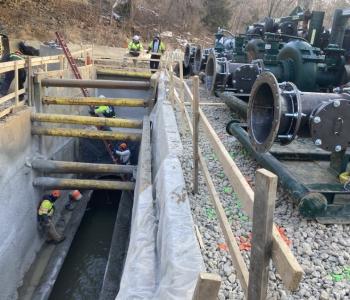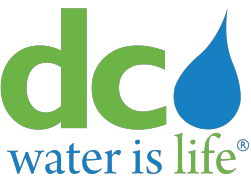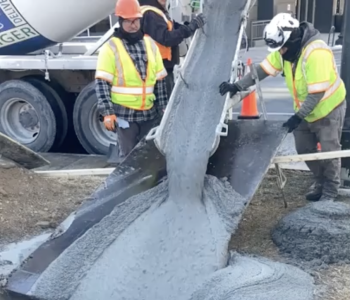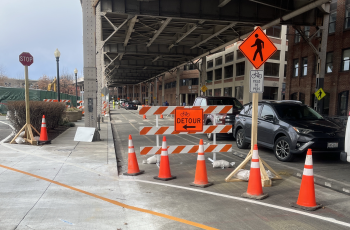DC Water and U.S. EPA Agree on Operating Permit Limits for Protection of Chesapeake Bay
To improve the health of the Potomac River and Chesapeake Bay, the Blue Plains Advanced Wastewater Treatment Plant is further reducing the levels of nitrogen that it discharges into the Potomac. The plant already operates under one of the most stringent National Pollutant Discharge Elimination System (NPDES) permits in the country. The District of Columbia Water and Sewer Authority (DC Water) and the United States Environmental Protection Agency (U.S. EPA) have agreed to a new operating permit to lower these limits even further.
DC Water was the first to meet the Chesapeake Bay Program goals to reduce nitrogen levels by 40 percent of the 1985 levels, said DC Water General Manager George S. Hawkins. And we have continued to meet those program goals every year since. Through the collaborative effort of the surrounding jurisdictions, we are making a difference in the health of our waterways.
Nutrient removal is important to aquatic life because nutrients can cause algae growth that depletes oxygen in the marine environment. Under its existing permit, Blue Plains was operating well under its limit of 8.5 million pounds of nitrogen per year.
The new limit is 4.7 million pounds, which will require cutting-edge technology. We began planning more than 10 years ago to achieve these new nitrogen removal goals, Hawkins added. In fact, we will be breaking ground in a few months for a new, $950-million enhanced nitrogen removal facility.
The new operating permit sets new limits for nitrogen, bacteria and trash controls in combined sewer overflows. DC Water is already achieving the phosphorus removal requirements at Blue Plains.
The agreement came last week, just days before the Washington Post heralded the improved health of the Potomac River, calling it cleaner now than it has been in decades, thanks largely to upgrades at Washingtons sewage plant.







